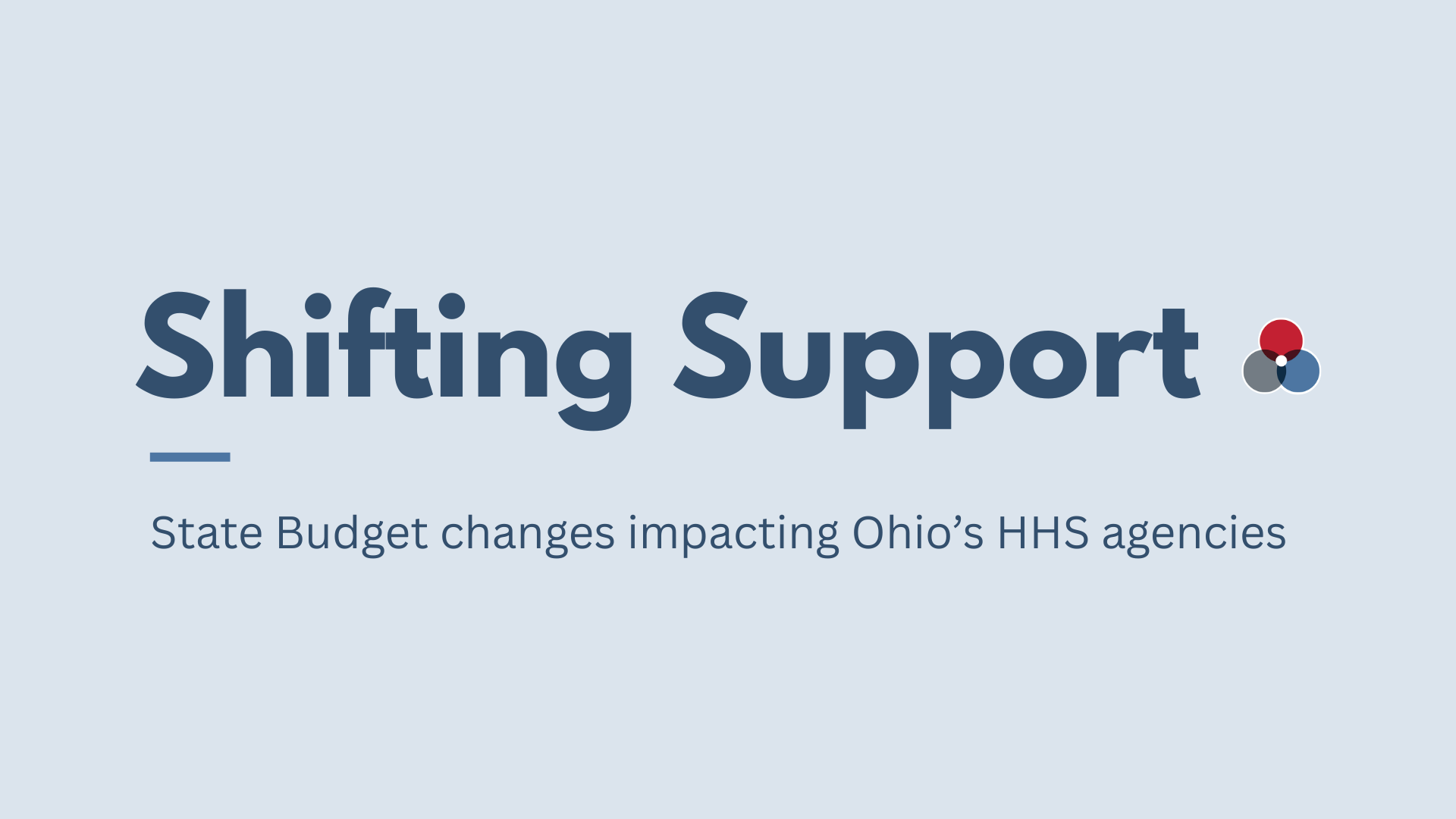The maternal mental health (MMH) crisis in Ohio reflects significant national issues, particularly concerning racial disparities. Bipartisan House Concurrent Resolution 16 (HCR 16) “Recognizing the importance of perinatal mental health,” co-sponsored by State Representatives Anita Somani (D-Dublin) and Sharon Ray (R-Wadsworth), was recently adopted by the Ohio House of Representatives, and is still in process of being reviewed in the statehouse in the 135th General Assembly.
Recognizing the importance of perinatal mental health
A House Concurrent Resolution is a formal expression of the intent or wish of the legislature that must be adopted by both houses but does not have the force of a law. While not a binding law, passage of HCR 16 would officially recognize the impacts of MMH on families, children, and the Ohio workforce, and push the need for focused interventions in MMH. HCR 16 is an essential starting point in addressing MMH, but Ohio’s approach does not yet adequately account for the specific needs of different communities. Without a proactive evidence-based implementation strategy, we are at risk of perpetuating or worsening existing disparities and needs gaps.
Can legislation reduce maternal mortality and morbidity and address racial disparities in outcomes, care, and suffering?
Disparities in MMH are complex, with women and birthing people who identify as Black, Hispanic, and from other marginalized communities disproportionately affected by postpartum depression and anxiety (PPD/A) driven by structural racism and provider bias, while White women are more affected by substance use disorder (SUD) and overdose-related maternal mortality. Once HCR is adopted, how can subsequent legislation address the diverse aspects of MMH to reduce maternal mortality and morbidity while also narrowing racial disparities in outcomes, care, and suffering?
This paper discusses the systemic causes of racial disparities in MMH, points to other states’ progress with equitable strategies to addressing MMH, and emphasizes the need for actionable, evidence-based strategies to address the weaknesses of states like Ohio with below-average “grades” on their MMH “report cards.”
Co-authors and bios
Amber Akhter, University of Illinois College of Medicine
Sarah Rubin, Ohio University Heritage College of Osteopathic Medicine
Natasha Takyi-Micah, The Center for Community Solutions
Amanda Zabala, CelebrateOne








